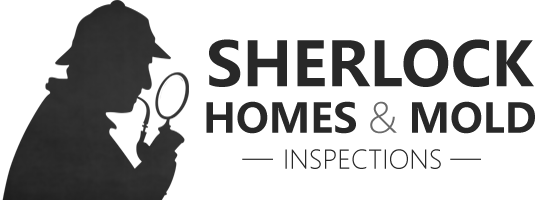Finding a Good House Inspector
![]()
When buying a home, we all want to make sure that we are getting the best deal possible. A home inspector can help you ascertain that the house you are considering to buy is in the shape that you expect it to be. With a proper inspection carried out, you can identify problems with the home that are not easily noticeable.
A home inspection allows you to avoid unpleasant surprises after purchase, and you can negotiate repairs from the seller or a reduction in price due to any issues that the inspection reveals. Choosing the right inspector involves looking at many important factors.
Insurance and Licensing is Important
Having an inspector that is licensed and insured is critical. If any accidents or damages occur during the inspection process, you or the seller would not want to be held liable for such damages. Hiring a licensed home inspector often ensures that they have not only met the required professional benchmarks specified by your state, but they also hold the necessary insurance. This enables you to seek recourse in case a poor job is done.
Request Sample Reports
As with any professional, request previous samples of their work so you can know the kind of service to expect. You can request previous reports from the inspector in order to look into how they carry out their work, how in-depth they go during the inspection (do they take photos or use the testing equipment?), the manner in which they describe problems, and if they proposed appropriate solutions.
Seek Appropriate Certifications
The best inspectors are those that are trained in their profession. You should, therefore, ask for certifications obtained from professional courses, their level of experience, and if they are members of professional inspector groups. Some of these professional associations include ASHI and CREIA. Inspectors who take their profession seriously by acquiring the proper training and maintaining membership in these associations are more likely to do a good job.
Look for an Inspector with Broad Knowledge
The best inspectors often have a broad knowledge of the systems and structures of a home. Rather than only specializing in one area such as plumbing or electricity, they can objectively assess multiple areas of the home such as the HVAC, interior and exterior conditions, basements, and inbuilt appliances.
Many professional inspectors will want you, as the buyer, to stick around during the entire process.
You should also look for an inspector who can identify how vulnerable your home is to insect infestations.
Choose an Inspector who will Want You to Stick Around
Many professional inspectors will want you, as the buyer, to stick around during the entire process. While it may be a long stay (typically 2 to 4 hours), you will gain a better understanding of the state of the home and any other issues that may arise if the inspector walks you through the process.
Because buying a home is a significant investment, take the time to look for an inspector who will be willing to carry out the inspection with you being around.
Ensure No Conflicts of Interest
When looking for an inspector, make sure they are independent and objective in their work. While it is okay to consider recommendations from the seller, make sure that the inspector is not only looking out for the seller’s interests.
Such a situation may make the inspector downplay important flaws with the home that you may experience later. They may also prevent you from negotiating a better deal with the seller, based on the condition of the house.
Read Online Reviews
Online reviews can help you get independent opinions of the inspector before you request their services. Yelp, Angie’s list, and Google are good places to look for online reviews. You should also request references from past clients. Looking for reviews on a home inspector is much the same as looking for reviews on a realtor.
What Equipment will they Use?
Traditional inspectors often showed up with just a flashlight. Today’s homes are more complex and inspectors use advanced technology systems that may need special equipment to test.

Recent Comments